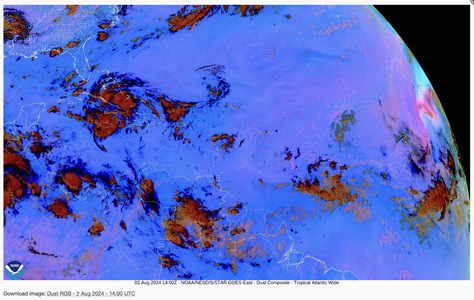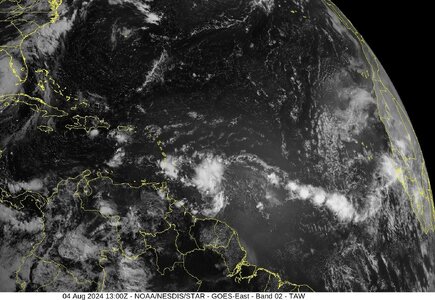Hurricane chasing as a journalist requires a LOT of tactical and logistical planning if you want to be where the action is and survive. I prefer to be where the storm surge is at maximum destruction levels. Most chasers drive around in their cars to chase, but this limits you to passable roads. I don't want to be in a location with "passable roads!" Finding and conserving gasoline is also an art I have prefected. During a Black Swan event, you better have enough gas to drive at least 200 miles inland after the storm passes.
You have to be very sneaky, stealthy and willing to push the limits to access locations. I did this all the time as a newspaper journalist, so it's nothing new. You are likely going to be wet, exhausted, hungry and in some form of danger for most of the time. With the proliferation of Vibrio vulnificus, even a small cut can be deadly. I carry a big bottle of Betadine to immediately cleanse any cuts or abrasions.
Fighting the fatigue, winds, ocean spray and walking beats the hell out of you. Your brain is hammered hours upon hours by constant situational awareness, surival processing and creative thinking. This is one of the reasons I work out 5 days a week. I also use a lot of safety equipment, like a helmet, safety glasses, emergency locator beacon and a self inflating life-vest, which helped me survive Ian when the water surged over my head. I also deploy several remote cameras.
Over the years, I have made detailed maps of potential locations that could survive assorted hurricane classifications, including storm surges over 25 feet. The best example was following Hurricane Katrina. I downloaded the FEMA aerial images of the destruction and noted which buildings survived and those that did not. Parking garages are NOT always the solution. During Katrina, many garages in Biloxi had the exit ramps washed away, which would have stranded cars inside for weeks if not longer. I carry a professional grade bolt (lock) cutter, in the event some fool chains the garage opening. I'll send a check for the cost of the chain or any damage as a courtesy. I've also stayed in hotels eventough they were "closed." You can hide-out (squat) in your room, as they generally don't check rooms.
You can plan on sleeping in your damp, hot car for 1-2 nights, or more if you cannot exit the region. Although I can generally drive to a shooting location, I also have a set-up where I can deploy via Uber to a location, carrying my own food supply and water for 3-4 days. I had planned to use this method for Fort Myers Beach during IAN, but I could not locate a position in time I thought would survive. Next time I will, using my patented room squatter technique!
It has become increasingly difficult to chase hurricanes from enclosed locations because of crime. Many of the locations I used years ago (e.g., Ft. Andrew), have been totally fortified and can no longer be entered or exited. Some have security guards, but I can usually find a way to Jedi mind trick them and gain access. I have encountered some form of crime at every Hurricane I have covered for the last 10 years. There is a positive side to this. During Hurricane Ian, there was a criminal in the garage who picked the lock to the men's restroom in the garage. I traded him a box of Pop Tarts for access.


